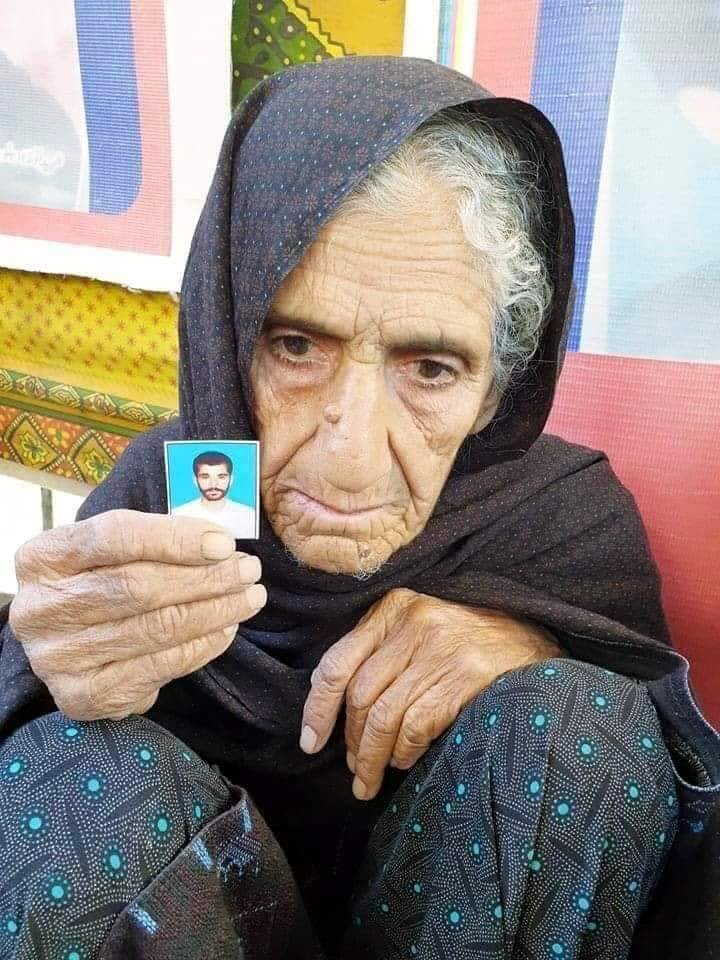Pakistan has a warped definition of the political disappearances. Its military backs it as a patriotic act, justifying enforced disappearances as an essential tool to establish national security. Despite promises in opposition to end enforced abductions by the security forces, the disappearances of political opponents have only increased under the military-backed government of Prime Minister Imran Khan.
Unsurprisingly, the United Nations has asked the Khan government to seriously take-up the issue of enforced disappearances, especially in Sindh, and bring the perpetrators to justice.
Eight UN human rights and anti-violence organisations, including the UN Working Group on Enforced or Involuntary Disappearances, have written a 14-page hard-hitting letter to the Pakistani government on enforced disappearances. The letter says that lack of action will only mean that "either it is (enforced disappearances) government policy or it is part of the policy to ignore these crimes”. BBC is reporting that the UN had asked the Imran Khan government to reply in two months on its concerns and allegations, the steps taken, the release of the people and action against those involved in enforced disappearances. The government has failed to respond.

Several organisations, including the Human Rights Commission of Pakistan, Amnesty International, Human Rights Watch, and the UN Working Group on Enforced Disappearances, have confirmed that the security forces are the primary suspects behind these disappearances. This is widespread, and over the past several decades number of individuals who belonged to the Sindhi, Baloch, Pashtun and Shia minorities, as well as political activists or human rights activists have been targeted. According to the letter, these enforced disappearances are being blamed on Military Intelligence, ISI, Sindh Rangers, Sindh Police and Intelligence Bureau with the only purpose of these measures is to silence Pakistan's minorities by instilling fear in them.
Citing witnesses, the letter said that several times people were abducted in broad day daylight by people who wore uniforms. According to the police records, there are 3,800 enforced disappearances in Sindh in the last five years. Not a single person allegedly involved in the acts has been convicted.

Talking about Pakistani media, the UN says that media outlets are also reluctant to report the disappearances for fear of reprisals. Similarly, when some people are released after a long absence, they remain silent for fear of further action. Even the judiciary of the country sometimes “condemns” these disappearances.
The letter reminded the Pakistani government that if these allegations were true, Pakistan would be in breach of the international law treaties it has signed. It therefore urged Pakistan to review its laws and actions on an urgent basis in conformity with its international commitments.
Interestingly Pakistani security agencies including army and ISI, do not deny their role in enforced disappearances, pointing out, instead, that they are hunting “militants.”
Nevertheless, there are ongoing protests in Islamabad, Karachi, Quetta and other cities of Pakistan by families of the disappeared “Thousands have been abducted by security forces. Will Prime Minister Imran Khan act to find our loved ones?” reads some placards held by those participating in the sit-in.
ALSO READ:
Trail to Pakistan: US once again in hot pursuit of Dawood Ibrahim



















